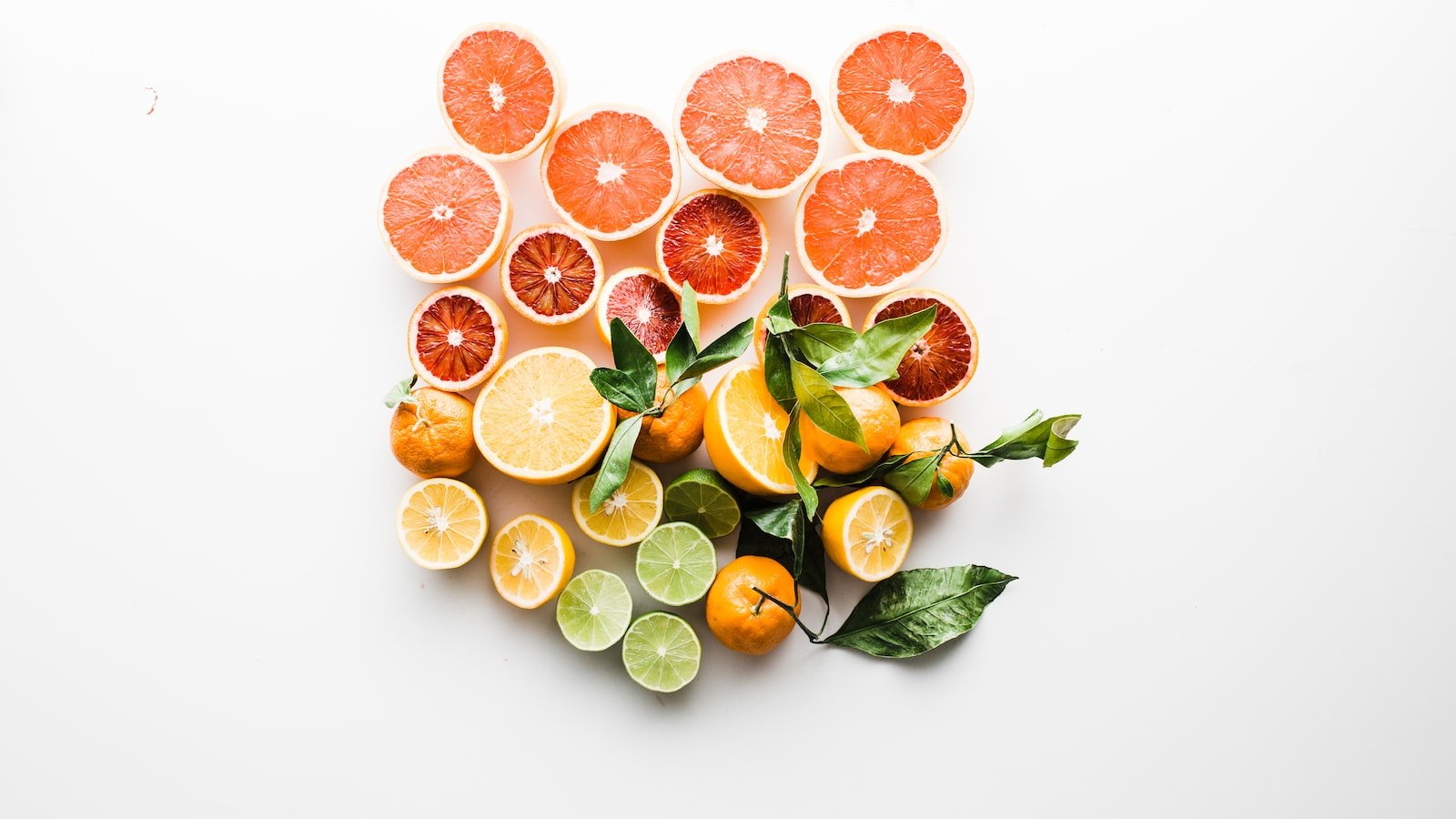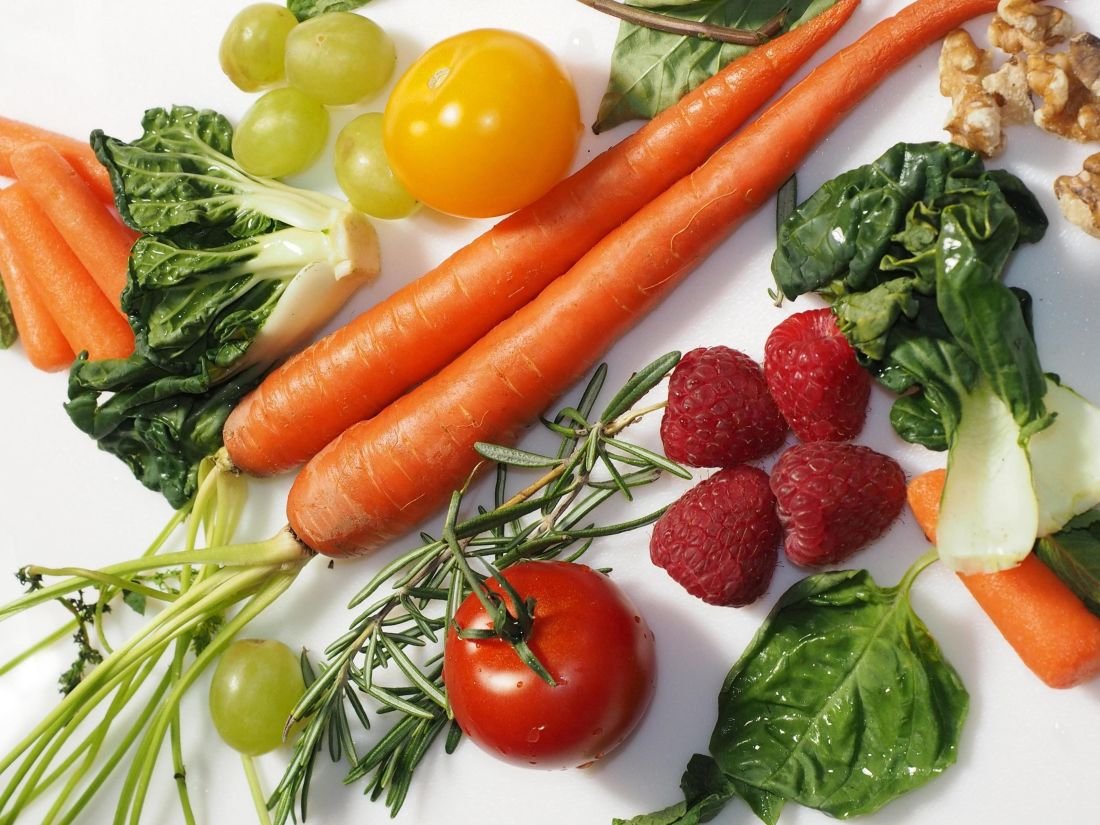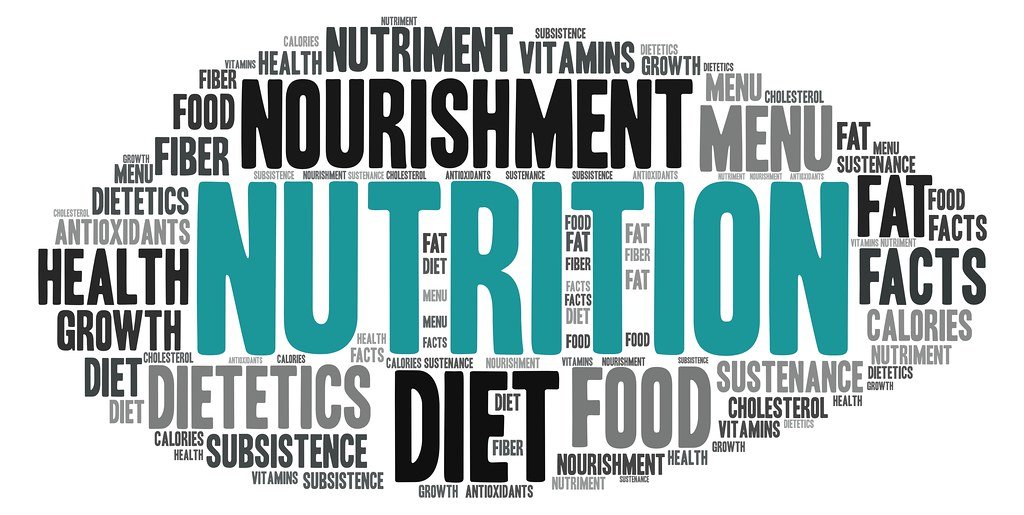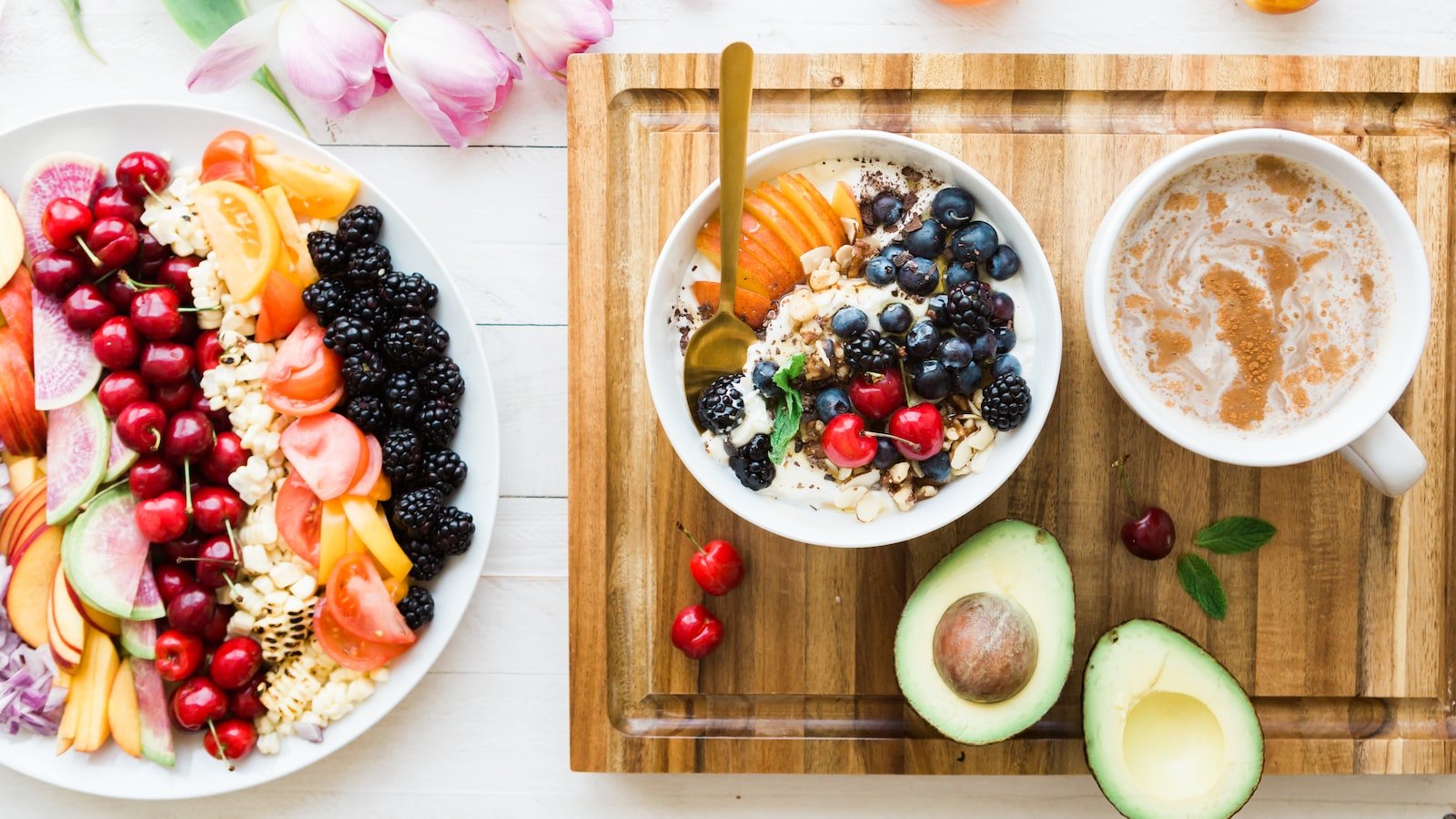As time plays its gentle tune, we embark on a journey of graceful aging, where wisdom deepens, bonds strengthen, and a hunger for well-being transcends generations. In this symphony of life, nutrition emerges as a powerful conductor, harmonizing the melodies of our aging bodies. A masterful diet, brimming with nourishing notes, becomes our instrument for composing a vibrant symphony of senior well-being. Join us as we explore the delicate interplay between nutrition and healthy aging, unlocking the secrets to a fulfilling and harmonious chapter of life.
1. Unveiling the Fountain of Youth: The Role of Nutrition in Promoting Healthy Aging
As we age, the quest for eternal youth becomes increasingly desirable. While the fountain of youth itself remains elusive, recent research highlights the crucial role that nutrition plays in promoting healthy aging. By nourishing our bodies with the right foods, we can unlock the door to a healthier and more vibrant life.
The Power of Antioxidants:
- One key nutritional factor in the fight against aging is the power of antioxidants. These mighty molecules help protect our cells from damage caused by harmful free radicals, which accelerate the aging process. Incorporating antioxidant-rich foods like berries, spinach, and dark chocolate into our diets can help counteract this damage.
- Vitamin C, found in citrus fruits and leafy greens, not only boosts our immune system but also aids in collagen production, keeping our skin youthful and resilient.
- Don’t forget the importance of vitamin E! Nuts, seeds, and oils provide this vital antioxidant that helps reduce skin-damaging inflammation.
The Role of Omega-3 Fatty Acids:
- Another key player in the nutrition game for healthy aging is omega-3 fatty acids. These essential fats, abundant in fatty fish like salmon and mackerel, possess anti-inflammatory properties that have been linked to improved brain function and reduced risk of age-related cognitive decline.
- For those who prefer a plant-based option, flaxseeds and chia seeds are excellent sources of omega-3s. Incorporating them into your meals can provide numerous health benefits, including promoting heart health.
The Magic of Micronutrients:
- While macronutrients like carbohydrates and proteins receive ample attention, micronutrients should not be overlooked. Essential minerals, such as zinc, magnesium, and selenium, are critical for nourishing our bodies at the cellular level and maintaining overall well-being.
- Leafy greens, legumes, and whole grains are excellent sources of these micronutrients. Ensuring a varied and balanced diet that includes these foods can provide the foundation for optimal health as we age.
Although the fountain of youth remains elusive, a carefully chosen and nutritionally balanced diet can help unleash the potential for healthy aging. By harnessing the power of antioxidants, omega-3 fatty acids, and essential micronutrients, we can embark on a journey towards greater vitality and well-being. So, let’s embrace the role of nutrition in our quest for the secrets of healthy aging.

2. The Three Pillars of Senior Well-being: Key Nutrients for Aging Gracefully
As we age, our bodies go through numerous changes, and it becomes essential to prioritize our nutrition to maintain good health and well-being. While there are various factors to consider when it comes to healthy aging, there are three key nutrients that act as the pillars to support us in our journey of aging gracefully.
Vitamin D: Known as the “sunshine vitamin,” vitamin D plays a critical role in maintaining strong bones and a healthy immune system. It aids in the absorption of calcium, preventing age-related bone loss such as osteoporosis. Additionally, studies suggest that vitamin D may reduce the risk of certain cancers, cardiovascular diseases, and even mental health issues. So, make sure to soak up some sunshine or include foods like fatty fish, fortified dairy products, and egg yolks to ensure an adequate intake of this important nutrient.
Omega-3 Fatty Acids: These powerful fats are like superheroes for our brains and hearts. Omega-3 fatty acids have been linked to a reduced risk of cognitive decline, improved mood, and enhanced cardiovascular health. Incorporating foods like fatty fish (salmon, mackerel), walnuts, flaxseeds, and chia seeds into your diet can provide a good dose of these essential fatty acids. If needed, consult with your healthcare provider about omega-3 supplements to achieve the recommended intake.
Antioxidants: Free radicals, unstable molecules that can cause cellular damage, become more prevalent as we age. Antioxidants help neutralize these harmful molecules and protect our cells from their damaging effects. Including plenty of colorful fruits and vegetables in your meals is an excellent way to boost your antioxidant intake. Some antioxidant-rich options are berries, leafy greens, tomatoes, and dark chocolate (in moderation!). These vibrant foods not only add variety to your plate but also supply the body with essential vitamins, minerals, and phytochemicals that promote overall well-being.
Aging gracefully is all about nurturing our bodies with the right nutrients. By prioritizing vitamin D, omega-3 fatty acids, and antioxidants, we can empower ourselves to live a vibrant and fulfilling life as we age. Remember, it’s never too late to start taking care of your well-being and embrace the journey of graceful aging!

3. Aging Gracefully: Crafting a Holistic Diet Plan for Seniors
Aging gracefully is a beautiful journey that deserves attention and care, especially when it comes to nutrition. Crafting a holistic diet plan for seniors ensures their physical and mental well-being, while also catering to their changing dietary needs and taste preferences.
When it comes to seniors, it’s important to focus on nutrient-dense foods that are easily digestible. Incorporating a variety of fruits and vegetables into their diet ensures an adequate intake of vitamins, minerals, and antioxidants. Leafy greens like kale and spinach, colorful berries, and citrus fruits are excellent choices to boost their immune system and promote brain health.
Protein is crucial for seniors’ muscle health and overall strength. Lean meats like chicken and fish, low-fat dairy products, and plant-based protein sources such as legumes, tofu, and tempeh are great options that provide necessary amino acids without excessive saturated fats. It’s also important to include sources of healthy fats in their meals, such as avocados, nuts, and olive oil, to support joint health and provide energy.
In addition to a well-balanced diet, seniors should also pay attention to hydration. Encouraging them to drink plenty of water throughout the day is important, as dehydration can lead to various health issues. Including herbal teas, low-sodium vegetable juices, and hydrating fruits like watermelon and cucumber can also help them stay hydrated while adding flavor to their diet.

4. Dietary Tips and Tricks: Maximizing Nutritional Intake for Healthy Aging
Optimizing Nutritional Intake for Healthy Aging
As we age, maintaining a healthy diet becomes increasingly important to support our overall well-being. By focusing on key dietary tips and tricks, we can maximize our nutritional intake and promote healthy aging. Here are some useful strategies to help you on your journey:
1. Eat a Colorful Variety of Fruits and Vegetables
Filling your plate with a rainbow of fruits and vegetables ensures that you benefit from a wide range of vitamins, minerals, and antioxidants. Include leafy greens like kale or spinach, vibrant berries, citrus fruits, and other colorful options in your meals. These natural powerhouses help protect against age-related diseases, boost the immune system, and support healthy digestion.
2. Prioritize Lean Proteins
Protein plays a crucial role in maintaining muscle mass and strength as we age. Opt for lean protein sources such as skinless poultry, fish, tofu, legumes, and low-fat dairy products. These options provide essential amino acids to support tissue repair and maintenance, as well as aiding in hormone and enzyme production.
3. Incorporate Whole Grains
Swap refined grains for their whole grain counterparts to increase your intake of fiber, vitamins, and minerals. Whole wheat, oats, quinoa, and brown rice are excellent sources of complex carbohydrates that help regulate blood sugar levels, promote gut health, and reduce the risk of chronic conditions such as heart disease and diabetes.
4. Hydrate, Hydrate, Hydrate!
Staying adequately hydrated is important for people of all ages, but it becomes especially crucial as we get older. Aim to drink at least 8 cups (64 ounces) of water daily. Hydration supports healthy digestion, joint lubrication, and toxin elimination, while also promoting vibrant skin and cognitive function.
Remember, a healthy diet is just one piece of the puzzle when it comes to healthy aging. It should be combined with regular physical activity, quality sleep, and stress management for overall well-being. By following these dietary tips and tricks, you can enhance your nutritional intake and enjoy the benefits of healthy aging for years to come!

5. Nourishing the Mind and Body: Promoting Mental Health through Senior Nutrition
As we age, taking care of our mental and physical well-being becomes even more crucial. Senior nutrition plays a vital role in nourishing both the mind and body. By choosing the right foods and adopting healthy eating habits, seniors can promote better mental health and overall well-being.
1. Good Mood Foods: Certain foods are known to boost mood and enhance mental health. Incorporate these into your diet:
- Fatty fish such as salmon, mackerel, and trout are rich in omega-3 fatty acids that support brain health.
- Dark chocolate, with its antioxidants and natural mood-boosting properties, can provide a delicious and healthy treat.
- Leafy greens like spinach and kale are packed with nutrients, including folate, which can help ease symptoms of depression.
2. Hydration for Cognitive Function: Staying properly hydrated is essential for brain health and cognitive function, especially for older adults. Ensure you consume an adequate amount of fluids throughout the day. Apart from water, consider these hydrating options:
- Herbal teas, like chamomile or green tea, can promote relaxation and offer numerous health benefits.
- Watermelon and cucumber are excellent choices due to their high water content, providing hydration and essential nutrients.
- Coconut water is not only refreshing but also rich in electrolytes, promoting energy and cognitive function.
3. The Importance of Balanced Meals: Maintaining a balanced diet is key to supporting your mental health as a senior. Follow these tips:
- Include a variety of fruits and vegetables to ensure you get essential vitamins and minerals.
- Opt for whole grains, such as brown rice and quinoa, for sustained energy and better brain function.
- Lean proteins, like chicken, turkey, or tofu, are crucial for repairing and building brain cells.
By nourishing both your mind and body through senior nutrition, you can promote mental well-being and enjoy a healthier, more fulfilling life. Remember to consult with a healthcare professional or registered dietitian to create a personalized nutrition plan tailored to your specific needs and goals.
Wrapping Up
As we wrap up this journey through the world of nutrition for healthy aging, we hope to have shed some light on the power of food in supporting senior well-being. It’s clear that the path to longevity and vitality lies not in the hands of fate, but on our very plates.
The magical dance of nutrients and flavors can truly transform our golden years, ensuring that they shimmer with joy and good health. Whether it’s savoring the vibrant hues of leafy greens, relishing the tangy bite of berries, or discovering the satisfying crunch of nuts, every bite becomes an elixir for our bodies, minds, and souls.
Like a master chef, we can concoct a recipe for graceful aging, intertwining the wisdom of tradition with the discoveries of science. It is through this alchemy that we hold the key to enriching our lives, embracing the years that lie ahead with open arms and grateful hearts.
But let us not forget the importance of community and connection on this culinary voyage. Sharing meals with loved ones, swapping recipes with friends, or seeking guidance from experts can elevate our nutrition journey to new heights. Together, we can build stronger foundations of support, fostering a culture that nurtures and cherishes senior well-being.
So, whether you are brandishing a spatula with the gusto of a seasoned chef, or tentatively dipping your toes into the vast ocean of nutrition, take solace in the knowledge that each step you take towards a healthier diet is a step towards a radiant and fulfilling future.
As we bid farewell, armed with the knowledge we’ve gained, let us embark on our own nourishing adventures. May our forks be our compass, leading us to wellness and vitality. Let us cherish the palette of flavors that nature has painted for us and savor every bite of this remarkable journey, tasting the sweet promise of healthy aging.

